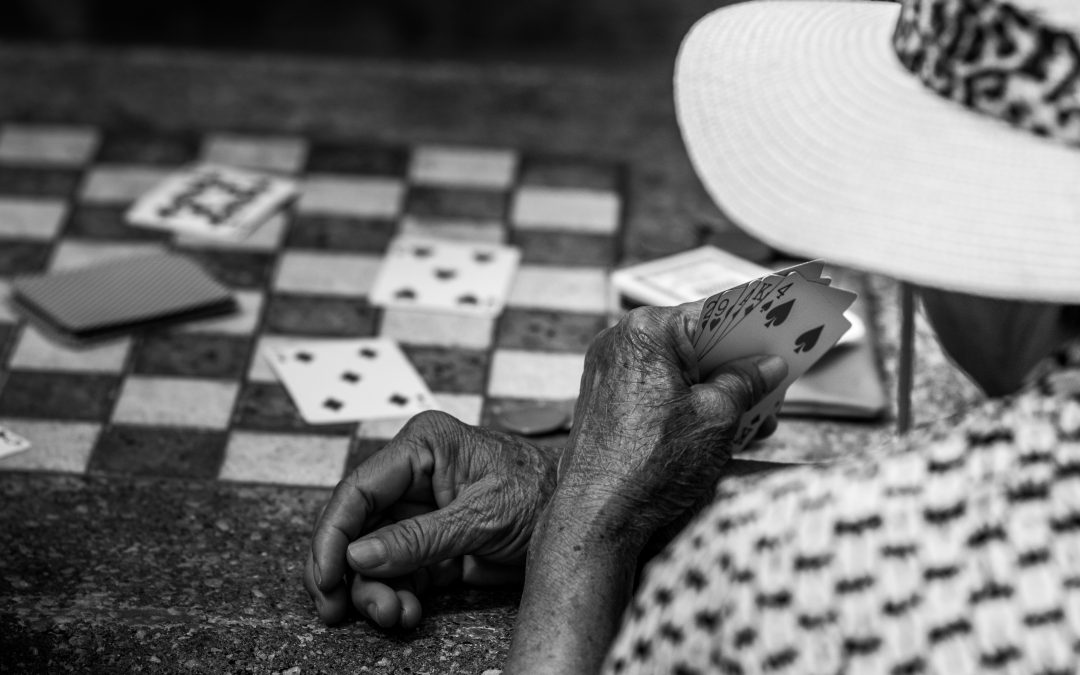Photo by Malcolm Lightbody on Unsplash
“…wearied by the changes and chances of this life…” — Book of Common Prayer
I’ve always been drawn to the word vicissitudes. Not so much for the denotation (“a change of circumstances or fortune, typically one that is unwelcome or unpleasant”), but simply for the onomatopoeia. The hissing sounds of v, c and double ss…followed the melancholy of “tudes.” This word sure takes its time getting off the tongue.
Whisper vicissitudes aloud and feel the weary loneliness of change and chance. Add it to the Covid lexicon.
For those who had a good hand to start, the reversals have been sudden and surprising. You went to work, now you’re home. Your graduation/wedding/family funeral postponed indefinitely. You’ve lost social life, entertainment, travel, future plans. You experience Zoom fatigue. You lost a digit in your 401k. Relatively small v-vicissitudes.
For others, it’s been a disaster. When my small business flipped over like a raft in a tsunami, my employee was thrown into the drink. My hairdresser, another one. Zip, nada, beneath her feet. She is understandably eager to deal with my gray roots, but I’m not eager to get back in the chair.
Precarity is another Covid word, this one brittle on the lips. Modify it with the word “financial,” and you have the state of feeling unsteady on your financial feet. You worry a lot about money, particularly the lack thereof. It’s not a new phenom. Recall the one-month government shutdown back in 2018 (now surely a half century ago) and the revelation that millions of Americans had no financial cushion to see them through. One month.
A description once confined to poverty studies, precarity has become democratized. More and more of us know the feeling. According to University of Pittsburgh researcher, Carrie Leana, last year three-quarters of survey responders experienced precarity living paycheck to paycheck. And that was when the economy gleamed like a shiny penny. Clearly all that glitters is not gold.
“Covid is financial precarity on steroids,” says Leana. As of early May, 1 in 5 Americans had filed for unemployment insurance. And that doesn’t count the people who are merely “furloughed” indefinitely. Or forever.
Living hand to mouth is a hard way to live. In addition to an objective lack of resources, precarity imposes “a cognitive tax,” says Leana. People who worry a lot about money have more health issues, and it affects not just them, but their families and employers. Precarity diminishes job performance, safety and productivity.
So we’re all sort of going to be a wreck after this. Organizations, too.
Once a week, our church hosts nighttime prayers called Compline on Facebook Live. Amid change and chance, finding peace enough to sleep is hard. The prayers help, redirecting the eyes upward, from shadow-filled valley to rugged mountain. Surety is found in God, we profess, whose “unfailing providence sustains the world we live in and the life we live.”
Hope lies along the horizontal dimension as well. Thinking of doctors and nurses laboring through the night, we bid God to “watch over those, both night and day, who work while others sleep.”
The prayer concludes with a plea to “never forget that our common life depends upon each other’s toil.”
Martin Luther’s Mighty Fortress God and the caring toil of others make life less precarious.
Rethinking what it means to have a strong economy would also make for a good night’s sleep.

